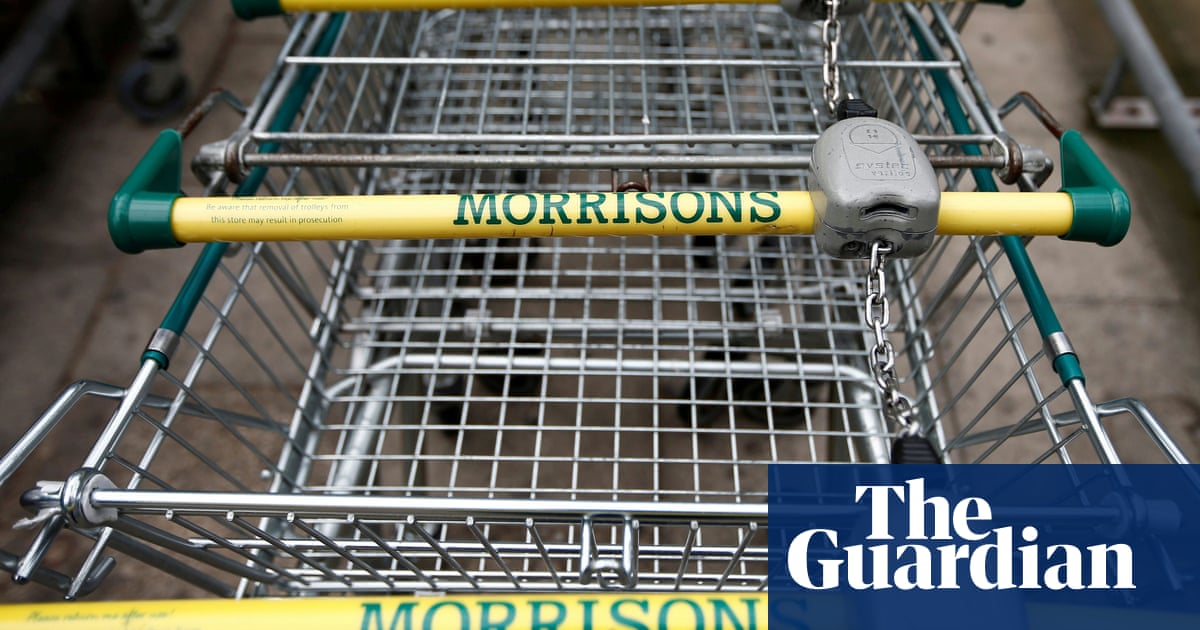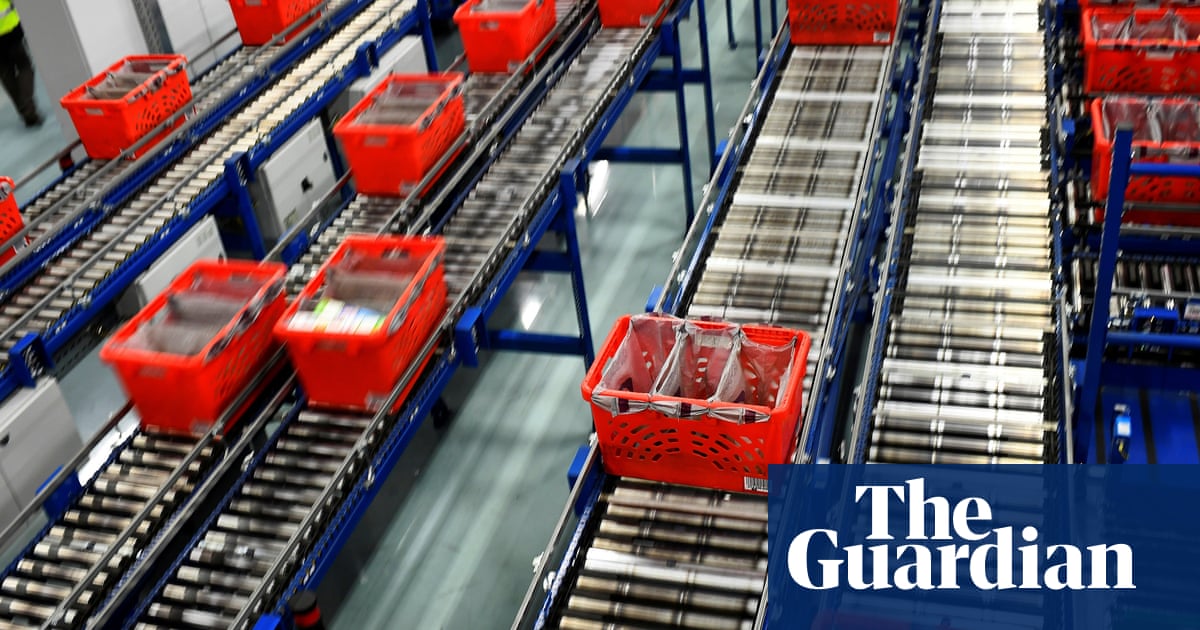
Morrisons is closing a fruit-packing plant in Bradford, putting 450 jobs at risk in the supermarket’s home city where it traces its roots back to 1899.
The debt-laden supermarket chain, which is battling to save costs after a takeover in October 2021 by the American private equity group Clayton Dubilier & Rice, said it was moving operations from the Cutler Heights area of the West Yorkshire city – its first ever fruit-packing plant – to another plant in Thrapston, Northamptonshire, and a distribution centre in Wakefield in the second part of this year.
Morrisons said that while the jobs in Bradford were at risk, about 400 roles would be created in Thrapston and Wakefield.
“Regrettably, the proposal to consolidate two [packing] sites means that there are 456 colleagues at Cutler Heights who are at risk of redundancy. We will do everything we can to employ those colleagues in other Morrisons manufacturing, logistics and retail sites in the local area,” a spokesperson said.
The company said it hoped to convert the Bradford site into a pet food manufacturing operation but said this would take time and investment.
The closure of Cutler Heights is the latest blow for jobs in Bradford as Morrisons prepares to transfer hundreds of customer contact centre jobs to the telecom services firm Webhelp.
That move affects more than 300 members of staff, although Morrisons has confirmed there will be no redundancies. It said all the contact centre workers would continue to work from home.
Morrisons has also moved to ditch at least 83 property maintenance suppliers, many based in Bradford, jeopardising more than 1,000 jobs as it plans to shift to a single provider for repairs later this year.
It is also planning to cut up to 50 staff dealing with property maintenance at its Bradford head office and around the country.
Morrisons is being forced to make cuts after the cost of servicing its £7.5bn of gross debt has soared amid a string of interest rate rises just as profits have been put under pressure from rising wages, energy and commodity costs and as shoppers keep a tight rein on spending because of higher energy bills and other essential costs.
Morrisons said sales rose by 1% in the 13 weeks to 30 April, an actual fall in the amount of goods sold as high food price inflation boosts rivals’ sales to much higher levels.
The company said underlying profits fell by 10.7% to £394m in the six months to 30 April as it invested in keeping prices down amid “significant inflationary headwinds”.
Separately, it emerged on Tuesday that the bakery and coffee chain Le Pain Quotidien has closed all but one of its UK sites, with the loss of 250 jobs.
Eight cafes in London and one in Oxford have closed due to its collapse into administration, said BrunchCo UK, the company trading as the high street chain. One site in St Pancras railway station – run by the sister company SPQ Holdings Limited – will remain open.
The administrators Kroll blamed the closures on fewer visitors to London as well as the impact of higher rent and wage costs.
Sarah Rayment, a global co-head of restructuring at Kroll, said: “Pressures on parts of the hospitality and casual dining sector have been well highlighted. BrunchCo UK Limited, which is predominantly located in London, has suffered from reduced revenues as a result of decreased footfall in the capital, high rents and increased wage costs. As part of the next steps of the insolvency, we will be looking to realise value from the company’s leasehold interests and other assets.”
The chain had previously been heavily affected by the initial Covid-19 pandemic as it fell into administration in 2020, with 11 sites closing down and 200 jobs lost.












